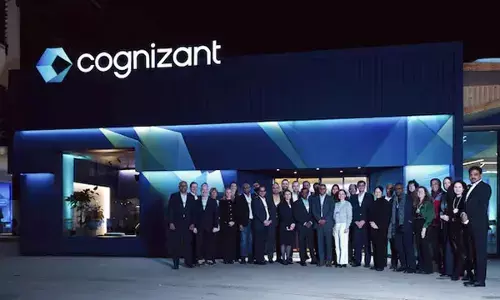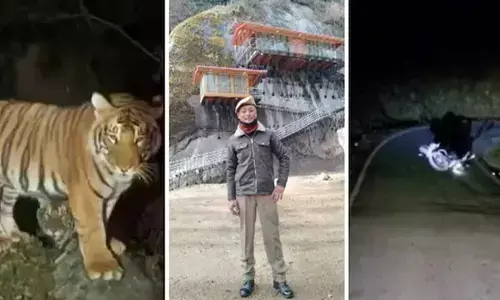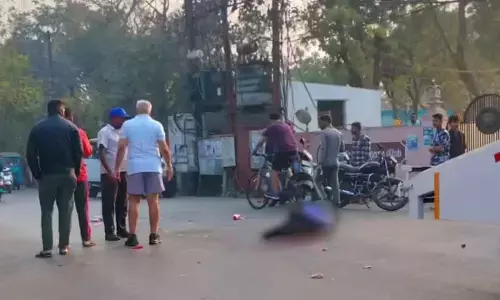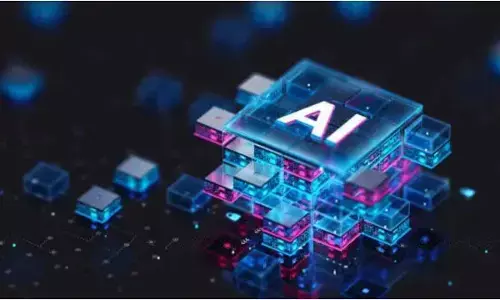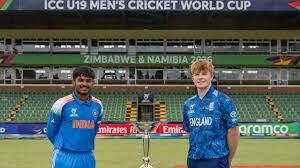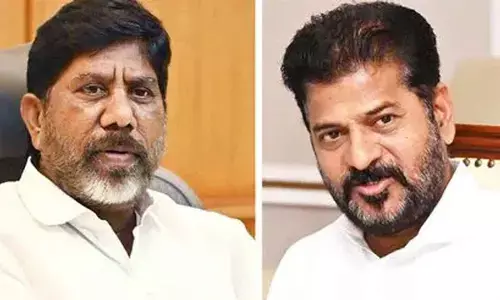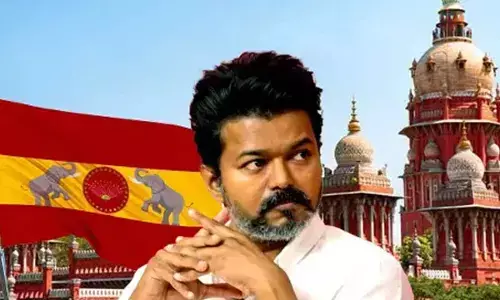Reconstruct classrooms to develop critical thinking

The Nobel Prize winning economist Amartya Sen in his monumental work Development as Freedom explains that development should lead to five kinds of freedom - internal, participatory, transactional, procedural and protective. Internal freedom is defined as an ability to think rationally and express creatively. Education is a means to achieve this freedom.
The classroom needs to be demystified and reconstructed. The dynamic link between the world around and the classroom needs to be established
The Nobel Prize winning economist vAmartya Sen in his monumental work Development as Freedom explains that development should lead to five kinds of freedom - internal, participatory, transactional, procedural and protective. Internal freedom is defined as an ability to think rationally and express creatively. Education is a means to achieve this freedom.
But, the classroom confined, examination-oriented and syllabi-specific education system is stifling this rational thought and creative expression. This is precisely behind the eminent disconnect between success in educational institutions and accomplishments in life.
The world’s richest entrepreneur, Bill Gates, who exalted people to do business at the ‘Speed of Thought’ said, “I was never a gold medalist in any university. But, gold medalists of world’s best universities work under me.”
Noted historian Romila Thapar in her thesis on public intellectual distinguishes between an intellectual and a scholar. An intellectual need not be a scholar. But he or she is one who seeks explanations. Stating that education is not information, but knowledge, Swami Vivekananda remarked that education has become transfer of information from teacher’s notes to student’s notes, most often not entering the minds of the either. His pearls of wisdom continue to be equally relevant even today.
What is the difference between information and knowledge? If you ask your child, 2×3=? 6 would be the prompt reply. But ask again, why 6? Why not 5 or 7? A child is knowledgeable if he or she can answer this simple question. Similarly ask your child, what is the value of ? The immediate answer of even a reasonably clever child is 22/7.
Why is it 22/7? Why not 21/7 or 23/7? Why should it be 22/7? How many children can comprehend the fact that this value is the ratio of the circumference of a circle to its diameter? Unfortunately, memory has replaced critical thinking. Application is lost in the perplexing world of theory. But, theory is that which emerges out of practice and enriches the practice. Education is a dialectical synthesis of theory and practice.
The classroom needs to be demystified and reconstructed. The dynamic link between the world around and the classroom needs to be established. A voluntary organisation working with child labour had an interesting encounter in Nalgonda district. When they are working on school dropouts, the volunteers of this NGO came across two children bunking school to fish in the village tank.
The conversation between the volunteers and the kids goes on. Why are you not going to school? We fear our teacher will beat us. Why does your teacher beat you? We have not done our home work. Why did you not do your home work? We did not understand the lesson. The older child said, “I am 12 years old. This child is younger to me by two years.
But, he is teaching me how to fish. Why can’t my teacher teach in a manner in which I understand?”
The information loaded education fails to discover the innate potential of the child. Instead, it attempts to test the capability of the children to remember.
As the renowned astrophysicist Jayant V Narlikar said, challenges have stimulated efforts all the way to the highest strata of intellectual achievements. Challenges are under-utilised in our school teaching. Questions could be framed so as to make the student think and come up with original ideas.
In fact, the approach could be two-sided, with the students also raising issues for the teachers to settle issues that may make the latter also think afresh. While it is pleasing to be told the answer to a question that has been bothering you, it is even more pleasing to discover it yourself. The scientific method suggested by Narlikar should guide the teaching- learning process in our schools.









